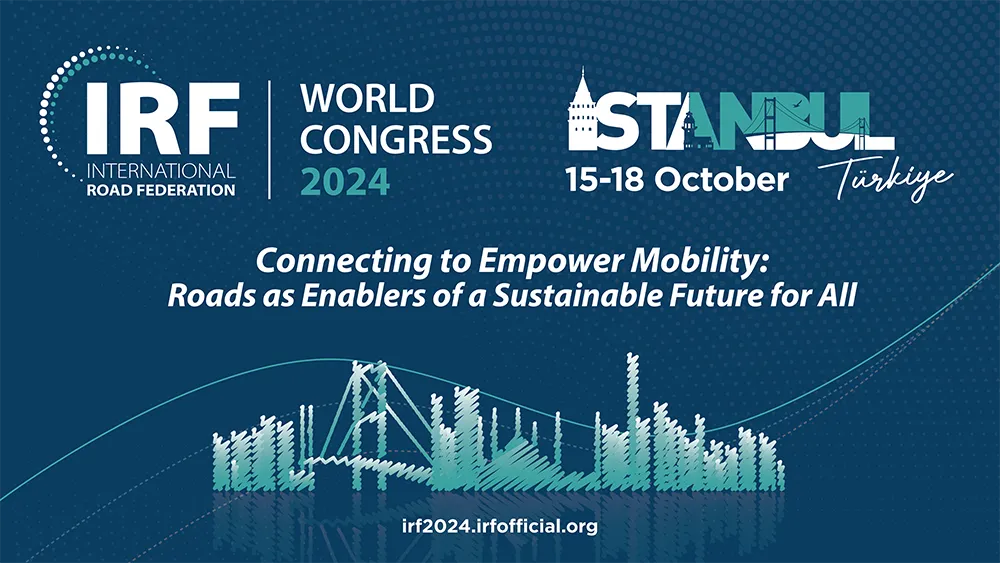The University of Birmingham has been offering courses on road management and engineering designed to equip participants with the skills and knowledge of management procedures for the planning, appraisal, design, construction and maintenance of road networks for more than 40 years.
The University of Birmingham’s Senior Road Executive Programme (SRE) has provided continuing professional development for senior professionals working in the road sector. The SRE has contributed to the dissemination of knowledge
August 18, 2015
Read time: 2 mins
The 1128 University of Birmingham has been offering courses on road management and engineering designed to equip participants with the skills and knowledge of management procedures for the planning, appraisal, design, construction and maintenance of road networks for more than 40 years.
The University of Birmingham’s Senior Road Executive Programme (SRE) has provided continuing professional development for senior professionals working in the road sector. The SRE has contributed to the dissemination of knowledge and expertise and facilitated the implementation of modern approaches to the management and financing of road networks worldwide.
The University of Birmingham is now pleased to offer three new courses: IRAP and Road Safety (21-25 September) HDM4 and Road Management (7-11 September) Rural Roads for Development (14-18 September). All three courses are five-day intensive and practical residential courses delivered by internationally renowned experts. They are aimed at road sector professionals, road engineers, field engineers, planners and road safety professionals who want to be exposed to cutting-edge established methodologies in road safety management, road economics and rural transport for development. The courses are relevant to conditions found in both developed and developing countries and are suitable for professionals who want to pursue a career in the road sector.
For registrations and more information please visit1201 IRF Geneva website.
The University of Birmingham’s Senior Road Executive Programme (SRE) has provided continuing professional development for senior professionals working in the road sector. The SRE has contributed to the dissemination of knowledge and expertise and facilitated the implementation of modern approaches to the management and financing of road networks worldwide.
The University of Birmingham is now pleased to offer three new courses: IRAP and Road Safety (21-25 September) HDM4 and Road Management (7-11 September) Rural Roads for Development (14-18 September). All three courses are five-day intensive and practical residential courses delivered by internationally renowned experts. They are aimed at road sector professionals, road engineers, field engineers, planners and road safety professionals who want to be exposed to cutting-edge established methodologies in road safety management, road economics and rural transport for development. The courses are relevant to conditions found in both developed and developing countries and are suitable for professionals who want to pursue a career in the road sector.
For registrations and more information please visit







